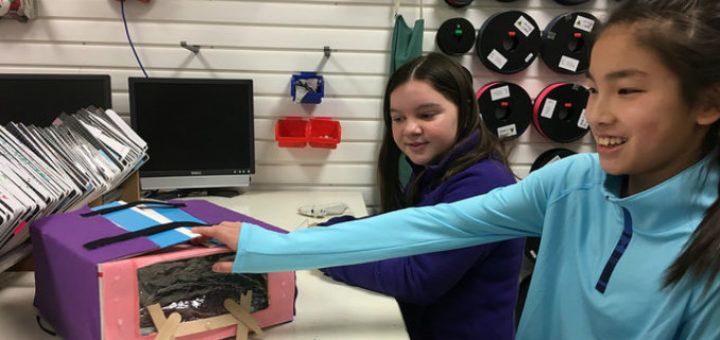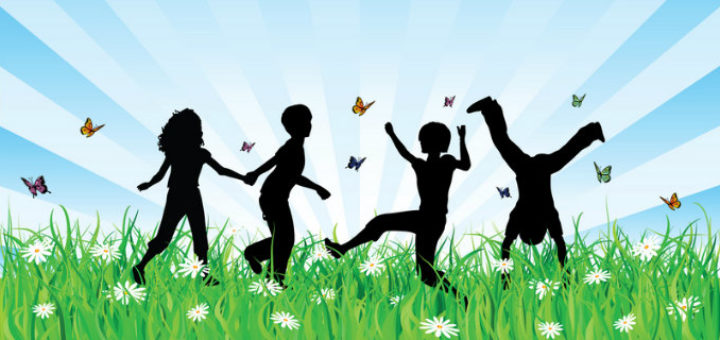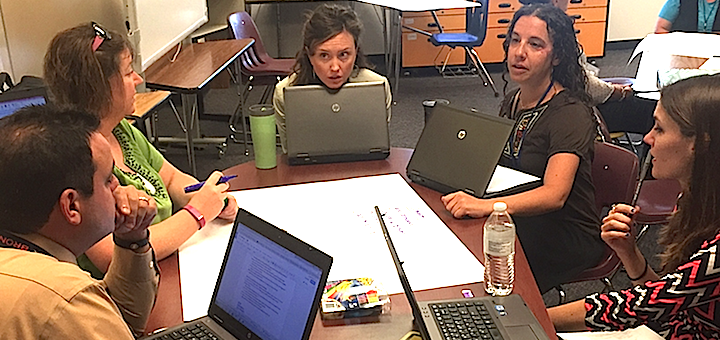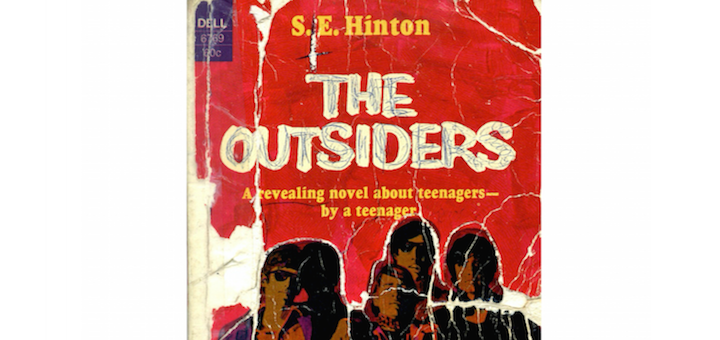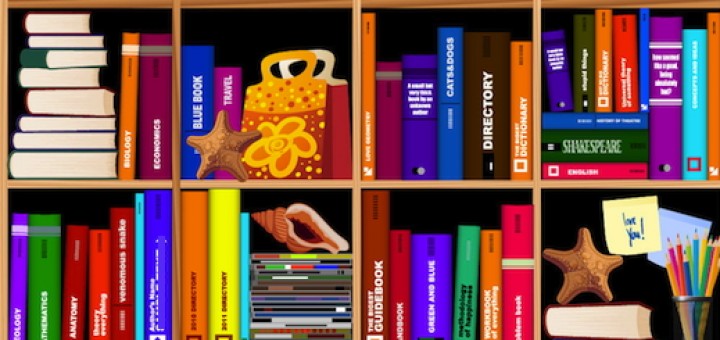Teaching and learning in grades 4-8
Leila Christenbury and Ken Lindblom pack the voices of teachers and students, activities, stories, recommended reading, and references into the journey they lay out for new and novice ELA teachers. Forty-year veteran Linda BIondi recommends their book highly.
Jennie Magiera urges teachers to launch edventures, pursuing innovations that boost student engagement, build class culture, differentiate, promote digital citizenship and more. Laura Von Staden also likes Magiera’s plentiful ideas about professional learning.
Now’s the time to empower middle grades girls with understanding of their own STEM skills, strengths, and potential. Anne Jolly recommends hands-on problem solving, teamwork, and critical thinking to pave the way for success in engineering, life sciences and more.
As spring temperatures rise (and testing begins), students and teachers start to get antsy. What can we do to make end-of-year more productive and enjoyable while also saving our sanity? After 17 springs in the classroom, Amber Chandler has three ideas that may help relieve the jitters.
Using observer-centered Instructional Rounds, teachers at Mrachek Middle School in Aurora CO are focused on finding the personalized methods to engage every student equitably and effectively. After two years, the effort is producing solid results and some epiphanies.
If bibliotherapy is an effective way to ease the growing pains of adolescents, writes 7th grade teacher Laurie Lichtenstein, The Outsiders is “the gold standard of therapy in middle grades literature.” It’s the only whole class novel she teaches each year.
Rosalind Wiseman’s Owning Up takes on the ambitious task of talking to middle schoolers about some of the complex social situations adolescents encounter. Maeghan Warburton recommends the 17 flexible lessons addressing bullying, social cruelty, and injustice.
Katherine Bomer provides concrete suggestions that help teachers move away from formulaic essay teaching while helping young writers name and revise their thinking, reveal truth, and weave in other voices as they draft, fine-tune, and revise, says Brian Kelley.
David B. Cohen travels to 70 California schools to meet inspired teachers who experience autonomy and opportunities to lead. Though his visits lack the rigor of research, Mary Langer Thompson says his book can show readers what’s good about public schools.
Elizabeth Stein calls on co-teachers to create powerful ripple effects throughout the nation’s classrooms with positive actions aimed at strengthening inclusion and every student’s sense of achieving their best. She offers six jumping-off places to start the wave.



